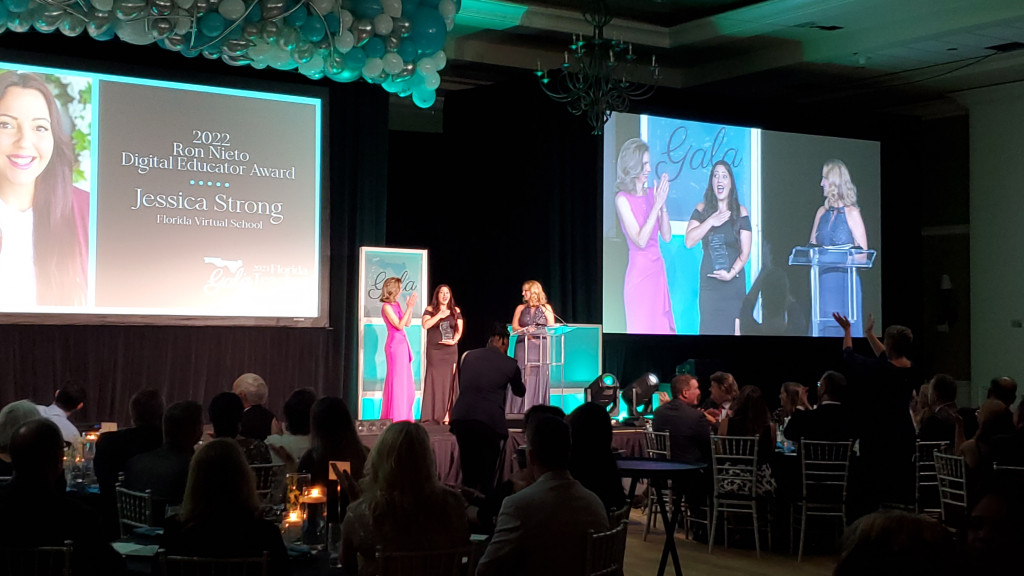Tag: Online education

podcastED: Florida’s Digital Educator of the Year shares secrets to success
On this episode, ReimaginED Senior Writer Lisa Buie talks with Jessica Strong, a sixth-grade English language arts teacher at Florida Virtual School, who recently received the Ron Nieto Digital Educator of the Year Award for 2022. Named in memory of Nieto, who served as Florida’s first deputy commissioner of innovation,... READ MOREWest Virginia is seizing the moment to make school choice history
Editor’s note: This commentary from educator Garris Stroud, author and...
READ MOREpodcastED: Matt Ladner interviews Great Hearts Online executive director Kurtis Indorf
On this episode, redefinED’s executive editor speaks to a leader...
READ MOREpodcastED: SUFS president Doug Tuthill interviews leaders of Miami Catholic Virtual School
On this episode, Tuthill talks with Archdiocese of Miami Catholic...
READ MORECOVID-19 sparks virtual school growth in Florida, elsewhere
Online learning providers nationwide are enjoying unprecedented enrollment increases as...
READ MOREHow remembering the past could educate us in the future
Never again. It’s the vow from Holocaust survivors not to...
READ MOREFlorida launches K-12 online course catalog
Florida students now have a tool that allows them to...
READ MOREK12 Inc. anxiously awaits FL grade
Florida’s public school accountability system could be on the verge...
READ MOREFlorida schools roundup: A-F grades, Florida Virtual, library cuts & more
Report cards: Palm Beach County second-graders won’t see traditional A-F...
READ MOREGrowth stalls at Florida Virtual School
The muscular growth of Florida Virtual School, the nation’s largest...
READ MOREFlorida schools roundup: virtual schools, teacher conduct, tutors & more
Virtual schools. Lawmakers open online learning to more providers, including private...
READ MORE

